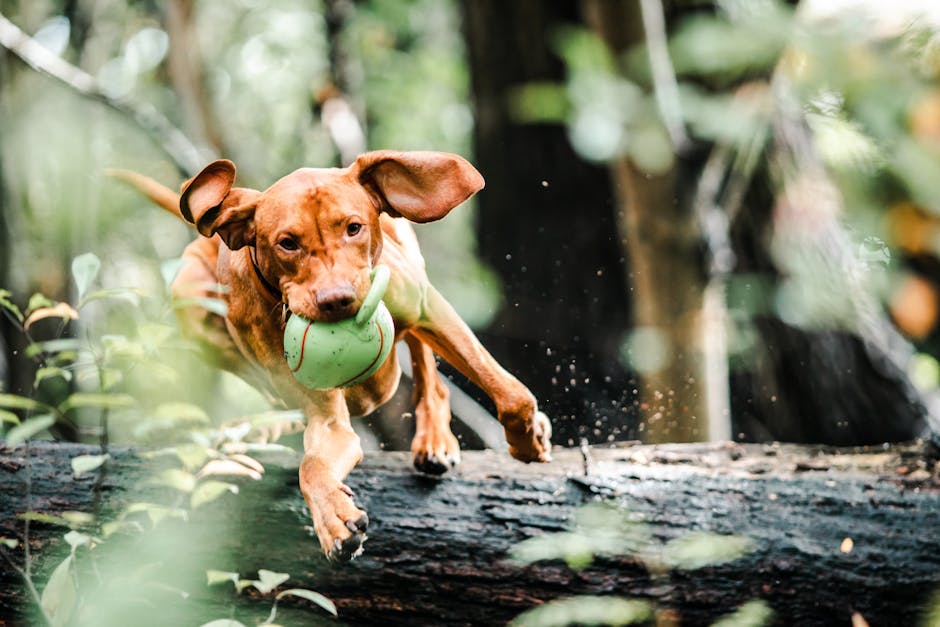As our beloved canine companions age, their needs evolve. This transition often necessitates adjustments to their lifestyle, including their play routines. Providing appropriate and engaging toys is crucial for maintaining a senior dog’s physical and mental well-being. This article explores the multifaceted considerations when selecting toys for an aging dog, focusing on maximizing comfort, safety, and stimulation.
Understanding the Senior Canine: A Shifting Perspective
Senior dogs, often over seven years of age, experience physiological changes that impact their play habits. Arthritis, decreased joint mobility, and vision impairment are common occurrences, impacting their ability to play with the same intensity as in their younger years. This shift dictates a change in the type of play and associated toys. No longer are energetic fetch sessions ideal; gentler, low-impact play becomes paramount.
Prioritizing Safety and Comfort: Essential Criteria
Safety should always be paramount when choosing toys for a senior dog. Avoid toys that are small enough to be swallowed or contain small parts that could pose a choking hazard. This is especially critical for dogs with potential dental issues or swallowing difficulties. Similarly, ensure that the materials are non-toxic and durable to withstand repetitive use, avoiding rough edges or splinters that could irritate sensitive gums or skin. Comfort is equally significant. The texture and shape of a toy should cater to the altered mouth feel of an aging dog. Soft, pliable materials are typically preferred, reducing stress on their joints and preventing pain.
Sensory Stimulation: Keeping the Mind Engaged
Senior dogs still require mental stimulation. However, the nature of that engagement shifts. Choose toys that encourage gentle chewing, sniffing, and puzzle-solving, rather than toys demanding high physical exertion. Interactive puzzles that dispense treats or require manipulation for access are excellent choices. These activities aid in maintaining cognitive function and stimulate their natural instincts, contributing to their overall well-being. Sensory elements, such as toys with textured surfaces, can also help stimulate their senses and promote engagement.
Types of Toys Tailored for Senior Dogs: Practical Choices
A range of toy options caters to the needs of a senior dog. One excellent category consists of durable, soft-fabric toys filled with stuffing. These offer a comforting texture for gentle chewing and can help stimulate a dog’s natural instincts while reducing stress on sensitive joints. Another effective choice is a variety of puzzle feeders. These toys engage the dog mentally, encouraging them to work for their food, keeping their minds sharp and promoting healthy digestion.
Another crucial consideration revolves around plush toys. The soft texture of plush toys can be particularly comforting for senior dogs experiencing discomfort or pain. These toys are ideal for gentle play and cuddles, offering a comforting presence. Treat dispensing toys are beneficial. They keep senior dogs mentally active, encouraging engagement and preventing boredom.
Furthermore, consider toys designed for gentle chewing, such as durable, rubber toys. The robust yet pliable texture is suitable for their reduced chewing power and prevents potential discomfort. These toys can aid with dental care and dental cleaning as well.
Important Considerations Beyond Toys: A Holistic Approach
While toys are instrumental, they are merely one facet of a holistic approach to senior dog care. Regular veterinary check-ups, appropriate nutrition, and consistent exercise are equally critical. Consultation with a veterinarian is essential to determine the specific needs of your individual senior dog, as individual needs may vary. A balanced, senior-specific diet will further support their overall health.
Ensuring a safe and stimulating environment is another integral factor. A comfortable and familiar space is crucial for a senior dog’s well-being and happiness, helping maintain a high quality of life.
In summary, selecting suitable toys for senior dogs involves considering their physiological changes, prioritizing safety and comfort, and engaging their minds through gentle play and stimulation. By understanding these key elements, you can furnish your aging companion with the perfect toys to enjoy a fulfilling and happy golden years. A tailored approach, encompassing regular veterinary check-ups, a balanced diet, and appropriate exercise, is key to maximizing their overall well-being. Ultimately, selecting the right toys is a gesture of love, ensuring that your beloved senior dog remains active, engaged, and comfortable in their later years.
